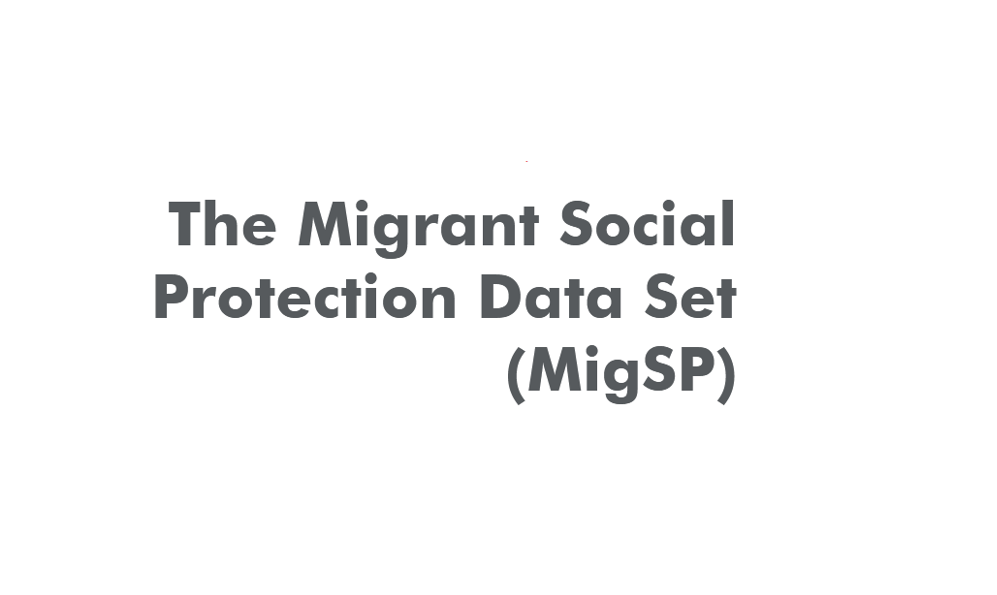Summary
The Migrant Social Policy (ImmigSR) dataset is a comprehensive tool designed to evaluate and compare social rights and welfare access for migrants across 39 countries in Europe, Latin America, North America, Oceania and Southeast Asia. It systematically assesses policies in multiple domains, including social assistance, unemployment insurance, residence permits, family reunification, and consequences of job loss, offering a detailed perspective on the extent to which migrants are integrated into national welfare systems. ImmigSR distinguishes between different migrant groups, such as asylum seekers, refugees, temporary workers, and long-term residents, capturing variations in entitlements and restrictions. The dataset is built using publicly available laws, policies, and regulations, ensuring transparency and comparability across countries and time. It draws on contributions from independent researchers and migration policy experts, with rigorous peer review processes to maintain consistency. By offering a structured approach to measuring migrant access to social policies, ImmigSR enables researchers and policymakers to analyze trends, disparities, and the broader implications of welfare inclusion for migrant integration.
Policy areas
Social rights, welfare policies
Countries
Argentina, Australia, Austria, Belgium, Brazil, Cambodia, Canada, Czech Republic, Denmark, Finland, France, Germany, Greece, Hungary, Iceland, Indonesia, Italy, Japan, Laos, Malaysia, Myanmar, Netherlands, New Zealand, Norway, Paraguay, Philippines, Poland, Portugal, Singapore, Slovakia, Spain, Sweden, Switzerland, Thailand, United Kingdom, United States, Uruguay, Venezuela, Vietnam.
Years
1980-2018

